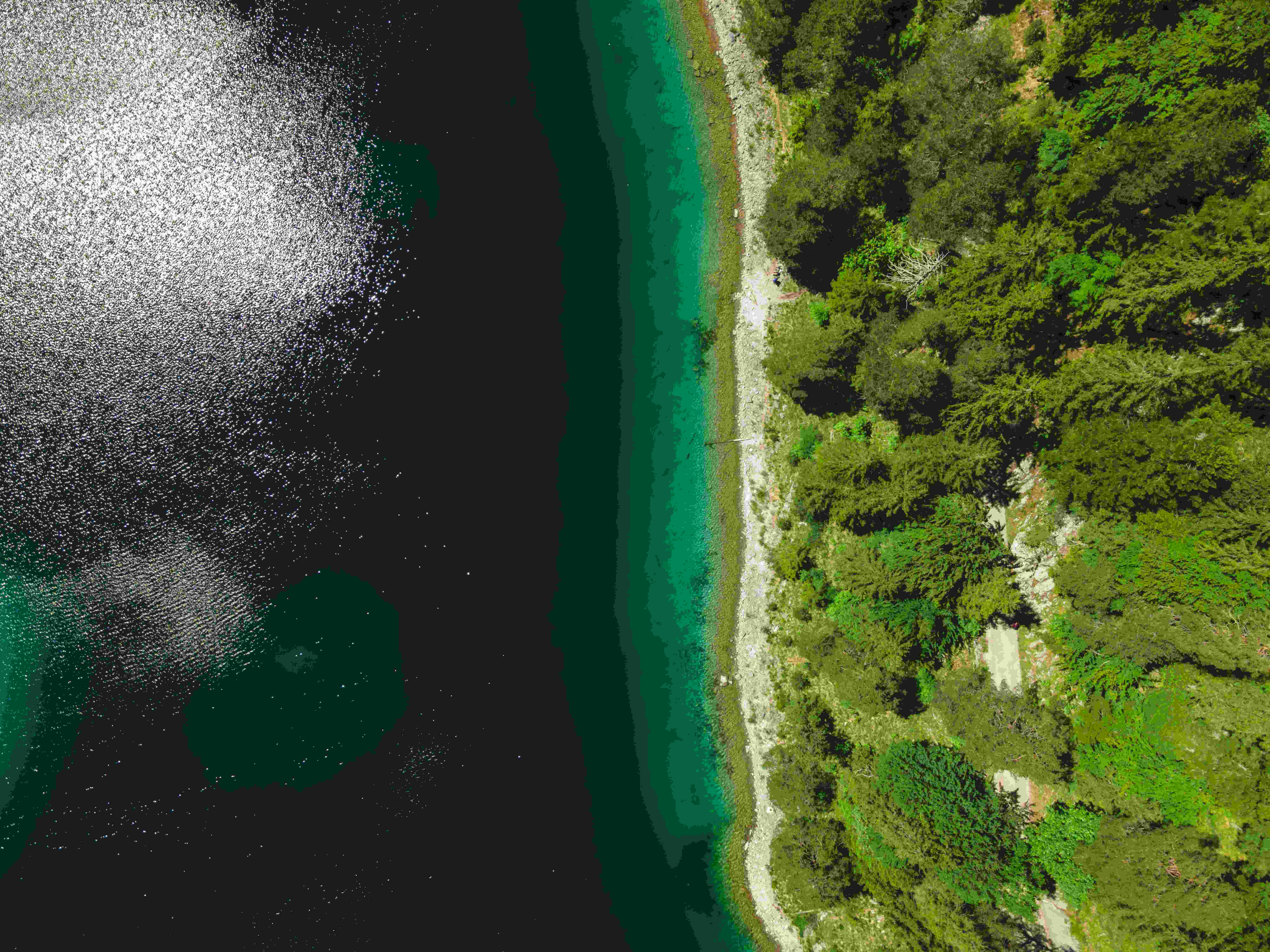- Sectors
- Aerospace & Defense
- Big science
- Biotechnology
- Fintech
- Insights

ARQUIMEA is a Spanish technology company with over 18 years of experience that operates globally in highly demanding sectors. It is staffed by over 600 professionals and has operations in over 25 countries. Its goal is no less than to create innovative solutions and products based on proprietary technologies that solve society’s problems.
The environmental footprint produced by human beings is a problem of our current society, which is why ARQUIMEA has sustainability at the core of several of its most relevant projects, putting technology at the service of the environment. In 2021, the company undertook six of its own projects and promoted more than twenty projects designed to care for and protect the environment. These projects focus on areas, such as the circular economy, the sustainable use of resources or the fight against climate change.
This year and from its technology centre located in the Canary Islands, ARQUIMEA Research Center, which has more than 60 researchers, the company is involved in five projects directly related to the protection of biodiversity.
The Canary Islands have the privilege of being one of only three areas in the world considered a cetacean sanctuary, and the only one in Europe. However, it so happens that in those areas where there is a high population of cetaceans, there is a significant maritime flow of trade routes or fast ferries connecting the islands with each other. This results in a high rate of mortality of these specimens every year. ARQUIMEA is therefore investigating different means of protecting these species, such as the study of maritime routes and the definition of alternative routes, systems for detecting cetaceans using advanced acoustics, triangulating the smallest possible number of detectors and a system of infrared cameras with algorithms for early identification using artificial intelligence for use on fast ferries.
The second project involves research into halophytes, plants that can absorb water pollutants and are also edible, thus creating a high-value circular economy. The company develops projects with the aim of protecting biodiversity. In just one year, it has managed to adapt a species of great value in haute cuisine and with a high potential for absorbing pollutants. The ultimate goal is to establish micro-islands on coastlines that are capable of absorbing pollutants, CO2 and improving marine biodiversity, which, we should recall, is the main means of absorbing CO2 on the planet. Moreover, as a crop used in haute cuisine, it is capable of generating a circular activity with high added value.
The technology centre is also developing a research project involving marine barriers to prevent coastal erosion made from biocompatible materials, thus replacing concrete. This material is none other than volcanic ash collected from the island of La Palma together with mollusc remains, which serves to create reef barriers that also promote the regeneration of marine biodiversity and thus increase CO2 absorption capacity. The company is also researching photovoltaic power through microbiology. These novel solar panels are capable of generating electricity from a closed ecosystem of microalgae, which capture sunlight and CO2, generating nutrients and oxygen that feed a bacterial consortium that produces electricity.
The lack of water in many parts of the world is another very serious problem that until now has been solved by bringing water to these areas through different methods that, although they try to alleviate this problem, generate a lot of waste and cause future problems such as desalination, among others. To solve this problem, ARQUIMEA has developed a machine capable of generating water from the humidity in the air and which is projected to be able to generate one litre of water per second, as well as being ten times more efficient than other methods. This project pursues the goal of contributing to the creation of an efficient consumption model, especially in coastal areas and in hot and humid regions.
Finally, it should be noted that ARQUIMEA, through its research centre, is promoting the construction of an international centre of excellence in Tenerife, which will focus on finding solutions to sustainability problems through quantum sensing, quantum computing and quantum communications, among others. This project is in the final phase of assessment by the European Union.